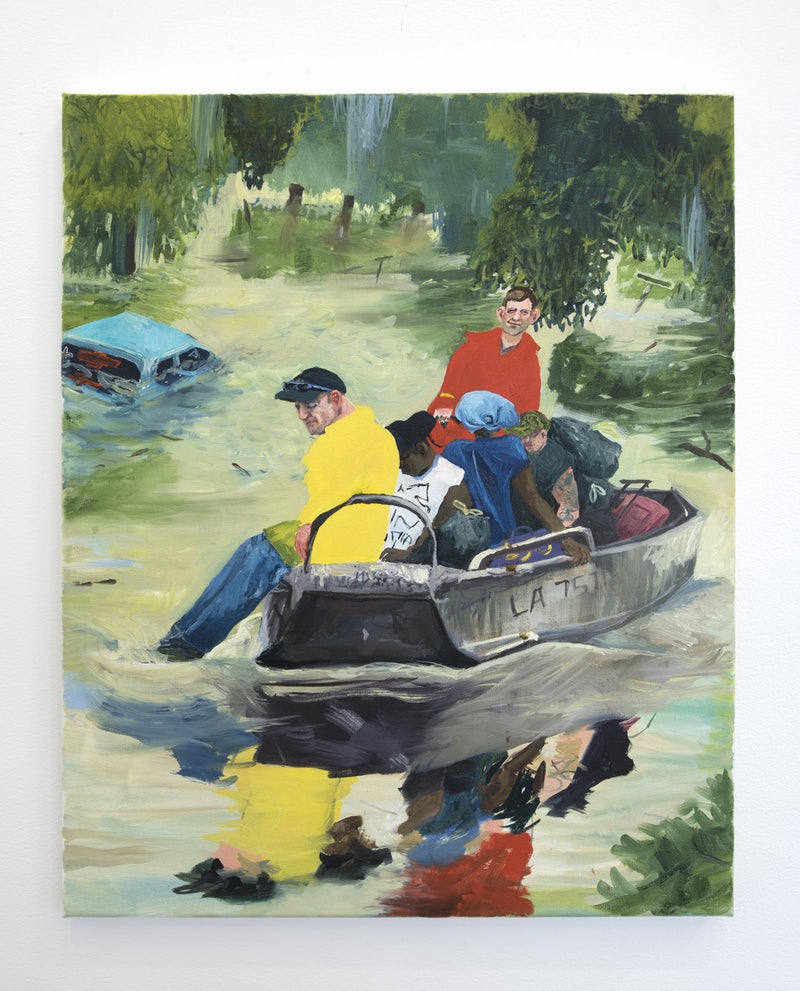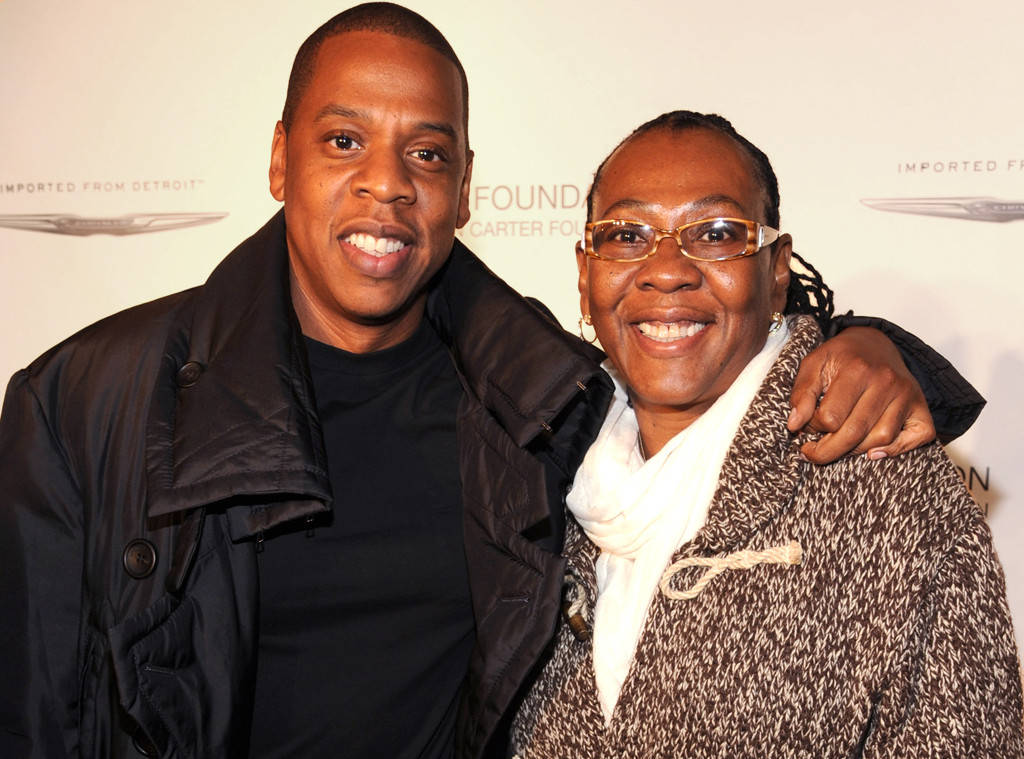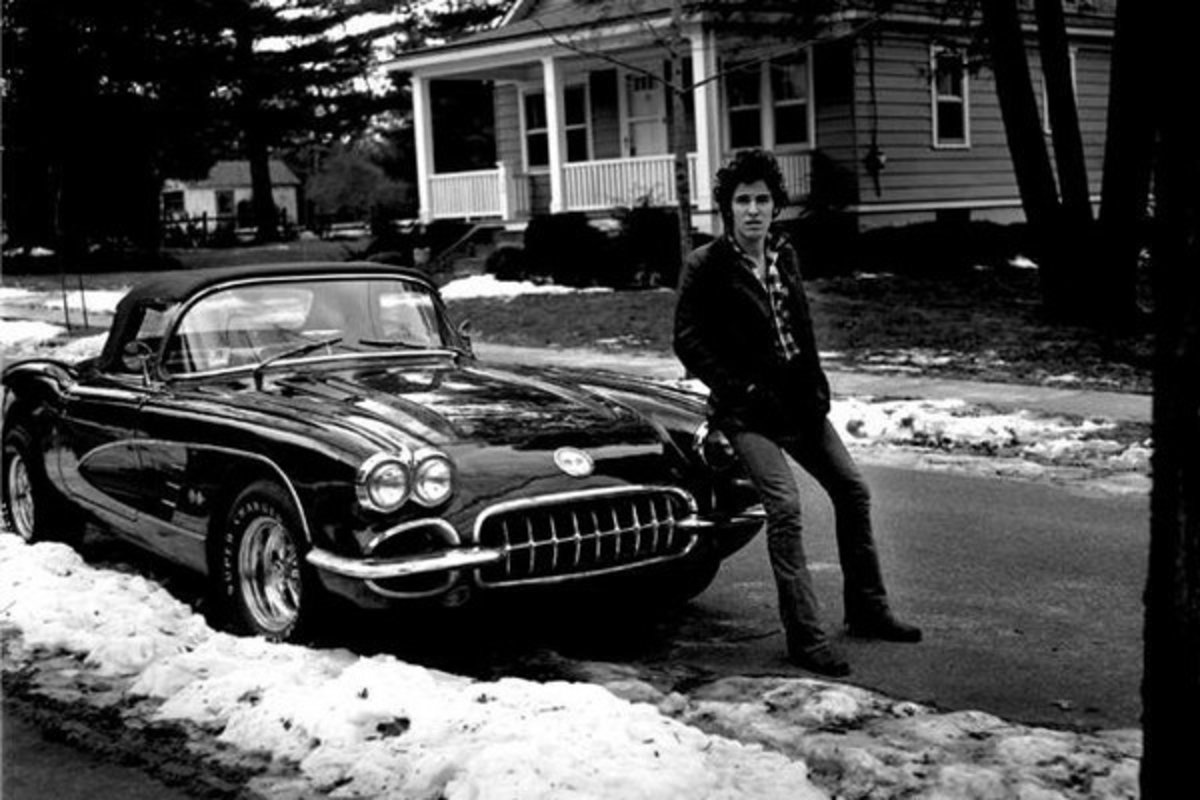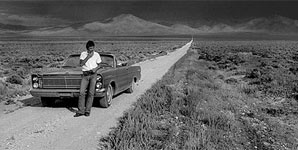 Benj DeMott
Benj DeMott
Power Trips & A Lover’s Transport
“Everybody fucking knew” about Harvey Weinstein’s predatory side says screenwriter Scott Rosenberg in a self-lacerating post in which he called out complicit Hollywood. Rosenberg blamed himself and bigger players for their not-knowing stance toward the monstrous mogul. Rosenberg’s rant on the low motives that kept all of them on Weinstein’s team seemed spot on, but as I read him last night, I found myself resisting his larger claims for Weinstein’s cultural import:
Stuart Hall’s Legacy (Part One)
Cultural Studies 1983 (2016) Stuart Hall; Duke University Press
Familiar Stranger: A Life Between Two Islands (2017), Stuart Hall, (Editor, Bill Schwarz); Duke University Press
Resistance Through Rituals (1976) S. Hall and T. Jefferson; Hutchinson & Co.
“Subcultural Conflict and Working Class Community” Phil Cohen in Culture, Media, Language (1981) edt. by S. Hall, D. Hobson, H. Lowe, P. Willis; Hutchinson & Co.
Meantime (1984) Directed by Mike Leigh
A Running Jump (2012) Directed by Mike Leigh
“Handsworth Revolution” on the lp Handsworth Revolution (1978) Steel Pulse
“Sonny’s Lettah” on the lp Making History (1983) Linton Kwesi Johnson
“Riots, Rhymes and Reason” Linton Kwesi Johnson at www.lintonkwesijohnson.com
“Wild and Blue”: Celeste Dupuy-Spencer’s Populist Visions of America
Celeste Dupuy-Spencer has been painting up a storm. The artist told art blogger Brienne Walsh she usually takes 6 months to a year and a half to finish a picture but for “Wild and Blue,” her first solo show in New York (which runs until October 7th at the Marlborough Contemporary Gallery), she only had the summer and the “paintings just got ripped out of me.” More than a few of her pictures hint at hurricane weather. And Dupuy-Spencer, who’s lived in New Orleans (though she’s based in L.A. now), knows from floods of feeling. Pictures like Cajun Navy and Lake Pontchartrain look back to Katrina’s aftermath but are all up in this time of climate change.

 Dupuy-Spencer is “painting the news” as one reviewer has written in New Republic, citing her picture of the Confederate monument torn down last month in Durham, which “amounts to a kind of monument to the search for social justice.”
Dupuy-Spencer is “painting the news” as one reviewer has written in New Republic, citing her picture of the Confederate monument torn down last month in Durham, which “amounts to a kind of monument to the search for social justice.”
The Middle of the Journey 2.0
A brother-writer has been pumping iron and taking boxing lessons ever since Trump won. He’s Jewish (with a Latin tinge). I’m not. And that’s probably on point. The threat posed by those who chant “Jews Will Not Replace Us” may be more visceral for him than it is for me.
Grown-Up Hip Hop

Jay-Z & his mother Gloria Carter rap about her coming out in “Smile”–an exemplary track on 4:44.
Acts of Creation
Originally posted in 2012.
“New Day” – the song at the heart of Jay-Z’s and Kanye West’s collaborative CD Watch the Throne – is about the prospective joy (and pain) of fathering a…Brother.
Back to Life (Redux)
Excerpted from a piece originally published in First in 1999.
When rap star Jay-Z was fourteen—angry about a stolen/borrowed piece of jewelry—he ended up shooting his older brother. He rhymes about this in “You Must Love Me” (In My Lifetime, Vol. 1)
Travel Guide (Part One)

This essay links trips in Bruce Springsteen’s memoir, Born to Run, to rambles in Russell Banks’ Book of Jamaica, Michael Ventura’s Night Time, Losing Time, and Richard Meltzer’s The Night (Alone). It also takes in riffs in Meltzer’s reportage and recordings–including Springsteen’s (out of the archives though still under the radar) Hammersmith Odeon, London ’75–that soundtrack passages in Born to Run. But foundational things first: the book of Bruce comes out of Jack’s so this tour starts with…
“The New Yorker’s” Cover Story on Trump and Russia (& Glenn Greenwald’s Big Lie)
“Those who complain murderously about the New York Times ought to be shot.” I’m stuck on that old line of George Trow’s, which amps up my fear of undercutting real news organizations in the Age of Trump.
State of the Union (& “The Plot to Hack America”)
“The bigger issue here is why Trump and people around him take such a radically different view of Russia than has been the case for decades.” (New York Times, 2/16/2017)
No doubt. But when it comes to Trump’s philo-Tsarist turn (and the Republican Party’s “surprise surrender”), the time-scale cited above (“decades”) fails to take in the full weight of the past: “Hostility to Russia is the oldest continuous foreign-policy tradition in the United States…”
The Next President
Senator Schumer’s teary response on Saturday to Trump’s modified Muslim ban wasn’t namby-pamby. It felt right. Yet Bernard Avishai wasn’t wrong to point out in a piece posted last week at Talking Points Memo that Schumer (and Nancy Pelosi) aren’t made for this moment. Avishai argues Democrats must coalesce fast around figures who can appeal to voters who once supported the party.
The Democratic party, in other words, must have a clear message that speaks to the anxieties of the traditional Democratic voters it lost. And the message needs a tough, plausible messenger: a leader, or small number of united leaders, who embody—in their persons, their logic, their stories, and their demonstrated courage—integrity that advances what they are saying. If the message is right, and the messenger is authentic, you get a winning charisma.
Where the Heart Is
They [Mexicans] brought their third-world ****hole here and while it’s a little bit better than what they had in the process of doing it they dragged us into the gutter with them.
What’s one more racist projection now when Alt Rightists give Nazi salutes and the President-elect’s consiglieres are (brutish or kinder/gentler) white supremacists? Acts speak louder than spew. Still, the line above jumped out at me because of where I came across it. Not at an Alt Right conclave or website, not in a bar or…locker-room, but in an email by a distinguished D.C. cardiologist, Dr. Oskoui, to a group who read and sometimes respond to William Greider’s Nation articles.
French Provincial

On my way to Andre Techine’s Being Seventeen, I stopped by Patisserie Claude for savory take-out and felt nicely sated as I found my seat in the theater, but the film stoked other appetites. (We cannot live by quiche alone, not even Claude’s.) Techine’s french lessons sky beyond “grub-first, then ethics” materialism. His scenarios feed your head and your heart, tuning every organ to desire’s pitch. I sensed Being Seventeen would be one of Techine’s full body-and-soul workouts early on when Thomas (Corentin Fila)—lovesome, bi-racial bully-boy (who’ll end up taking it like a man once he beats his fear of being gay) humps it up the mountain, past where his adoptive parents have their farm. The snow looks freshly fallen—perhaps it’s not that frigid?—and his secret brook hasn’t frozen over yet. He strips and dives in…
Common Sense
Meredith Tax’s A Road Unforeseen: Women Fight the Islamic State is a book of revelations about life during wartime in Rojava—the autonomous region in Syria led by the Democratic Union Party (PYD), which is linked to (what Tax terms) the “Kurdish liberation movement network.” Readers should be inspired by PYD’s experiment in secularism, radical democracy, pluralism and feminism. Tax’s reporting certainly gave me a lift. Her take on Rojava, though, may be a little too rosy. In this review, I’ll try to touch on what’s iffy about her positivity without undercutting her effort to cultivate solidarity with Middle Eastern women who fight the Islamic State.
Telegraphing the Future
Johnny Cash’s cover of “Sea of Heartbreak” fades out with the guitarist in his band (the Heartbreakers) locked on the familiar, insinuating riff from Bob Dylan’s “I Want You.”[1] Cash’s endgame mixes up his story of lost love with fanship. It’s a rootsy, Prousty lesson in counterpoint that hints what Dylan’s song owed to Don Gibson’s 1961 hit, even as it bows to what Cash’s old friend found down by the “Sea.”
Late for the Sky
The photo below belongs in the DNC’s image bank in Philly. In my dreams, Hillary Clinton’s effort to break the glass ceiling converges with Alfred Yaghobzadeh’s picture of Djila climbing up to a lookout post in the Sinjar region of Iraq where her all-female brigade participated in a successful campaign against ISIS last fall.

Golden Slumbers
Bill Berkson, who died of a heart attack last Thursday, had only recently begun posting at First of the Month. But he already felt like part of First’s virtual family. He got close to my real family too.
Sixties Trips II
Part two of an essay that begins here.
Richard Goldstein’s approach to the sixties was shaped by his sense “race was at the core of nearly everything.” But his lucidity about race matters is most evident when he’s writing about “revolution.” As rock ‘n’ roll turned into rock, Goldstein’s pop life got whiter.
Sixties Trips
“WHERE CAN I GET MY COCK SUCKED? WHERE CAN I GET MY ASS FUCKED?” Mick Jagger’s second pass at the chorus of “Cocksucker Blues”—and the feral moan that launches the track—“I’m a looooooonesome schoolboy…” seem to echo Richard Goldstein’s line in his new memoir on why he identified with rock stars (and girl groups) who started out with him in the 60s: “they were as hungry as me.”
The Man with the Purple Guitar
For a long time, my image of the Ugly American was a thick-necked Prince hater I met (early in the Age of Reagan) when he drove me around the Upper West Side as I delivered Christmas gifts for a package store. This piece of work (who had a familial connection to the owners and wanted me to know he was tight with my bosses) had seen Prince open for the Stones in 1981. He’d been among thousands in the overwhelmingly white crowd who booed the “faggot” unmercifully.
